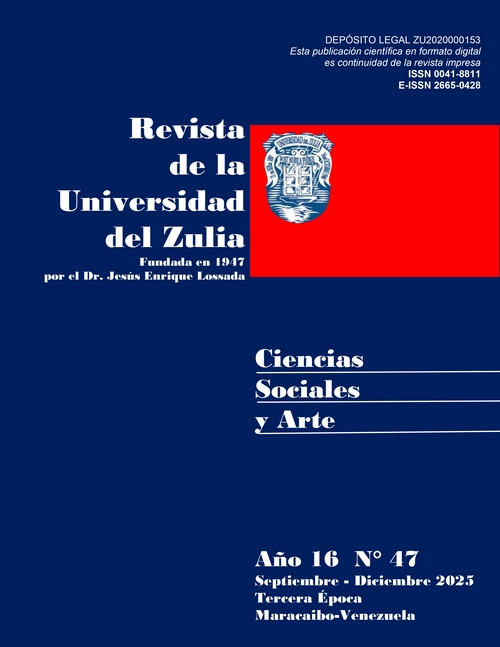Relevance of Fair Value and Inflation Adjustments in IFRS for SMEs: Venezuela
Abstract
This doctoral article explores how inflation adjustments and fair value measurements, according to IFRS for SMEs, impact the quality, relevance, and reliability of financial information in a hyperinflationary and dollarized context in Venezuela. A qualitative, exploratory, and descriptive approach was used, employing in-depth interviews with key actors in the accounting ecosystem. Findings reveal that historical cost is absolutely irrelevant, making inflation adjustments (Section 31) and fair value (Section 34 for biological assets) essential and complementary for a true financial picture. However, reliability is compromised by subjectivity, the absence of active markets, and the informality of indices, introducing manipulation risks. Transactional dollarization adds complexity and new avenues for distortion. The study concludes with the imperative need for adaptation and credible information, recommending greater standardization and oversight for regulators, and for SMEs, investment in quality accounting and transparency to ensure sustainability and trust.
Downloads
References
Banco Central de Venezuela. (2023). Índice Nacional de Precios al Consumidor (INPC). www.bcv.org.ve
Beaver, W. H. (1968). The information content of annual earnings announcements. Journal of Accounting Research, 6(supplement), 67–92.
Calderón, G. (2015). [Título del artículo o estudio sobre inflación y gestión empresarial].
Cedice Libertad (2023). Observatorio Venezolano de Finanzas.
Creswell, J. W., & Creswell, J. D. (2018). Research design: Qualitative, quantitative, and mixed methods approaches (5th ed.). Sage Publications.
De la Hoz, E., Uzcátegui, S., & Borges, J. (2008). La inflación como factor distorsionante de la información financiera. Multiciencias, 8(4), 406–417.
El Nacional (2021, 1 de octubre). Seis ceros al bolívar: la tercera reconversión monetaria en Venezuela desde 2008. https://elpais.com/noticias/prensa/
Fama, E. F. (1970). Efficient capital markets: A review of theory and empirical work. The Journal of Finance, 25(2), 383–417.
Georgescu, E. (1994). Valuación en economías inflacionarias. Ediciones FACE. ULA.
IASB. (2018). Marco Conceptual para la Información Financiera. IFRS Foundation.
IASB. (2021a). NIC 29: Información Financiera en Economías Hiperinflacionarias. IFRS Foundation.
IASB. (2021b). NIIF 13: Medición del Valor Razonable. IFRS Foundation.
IFRS Foundation. (2015). Norma Internacional de Información Financiera para Pequeñas y Medianas Entidades (NIIF para las PYMES).
Indacochea, A. (1992). Gerencia financiera en ambientes de inflación. Centro de investigación de la universidad del pacifico. Perú.
Kieso, D. E., Weygandt, J. J., & Warfield, T. D. (2020). Intermediate accounting (17th ed.). Wiley.
Rodríguez, R. (2021). Plan de Gerencia financiera dentro de un enfoque sistémico enmarcado en la normativa VEN-NIF Pymes. Caso estudio Pymes de Valencia, Estado Carabobo (Período 2017-2018) [Tesis de grado]. Universidad de Carabobo.
Scott, W. R. (2015). Financial accounting theory (7th ed.). Pearson.
Watts, R. L., & Zimmerman, J. L. (1978). Towards a positive theory of the determination of accounting standards. The Accounting Review, 53(1), 112–134.
Weygandt, J. J., Kimmel, P. D., & Kieso, D. E. (2021). Financial accounting (11th ed.). Wiley.
Copyright (c) 2025 Yojan Luis Padrón Hernández

This work is licensed under a Creative Commons Attribution-NonCommercial-ShareAlike 4.0 International License.
Copyright
The Revista de la Universidad del Zulia declares that it recognizes the rights of the authors of the original works published in it; these works are the intellectual property of their authors. The authors preserve their copyright and share without commercial purposes, according to the license adopted by the journal..
This work is under license:
Creative Commons Reconocimiento-NoComercial-CompartirIgual 4.0 Internacional (CC BY-NC-SA 4.0)
































